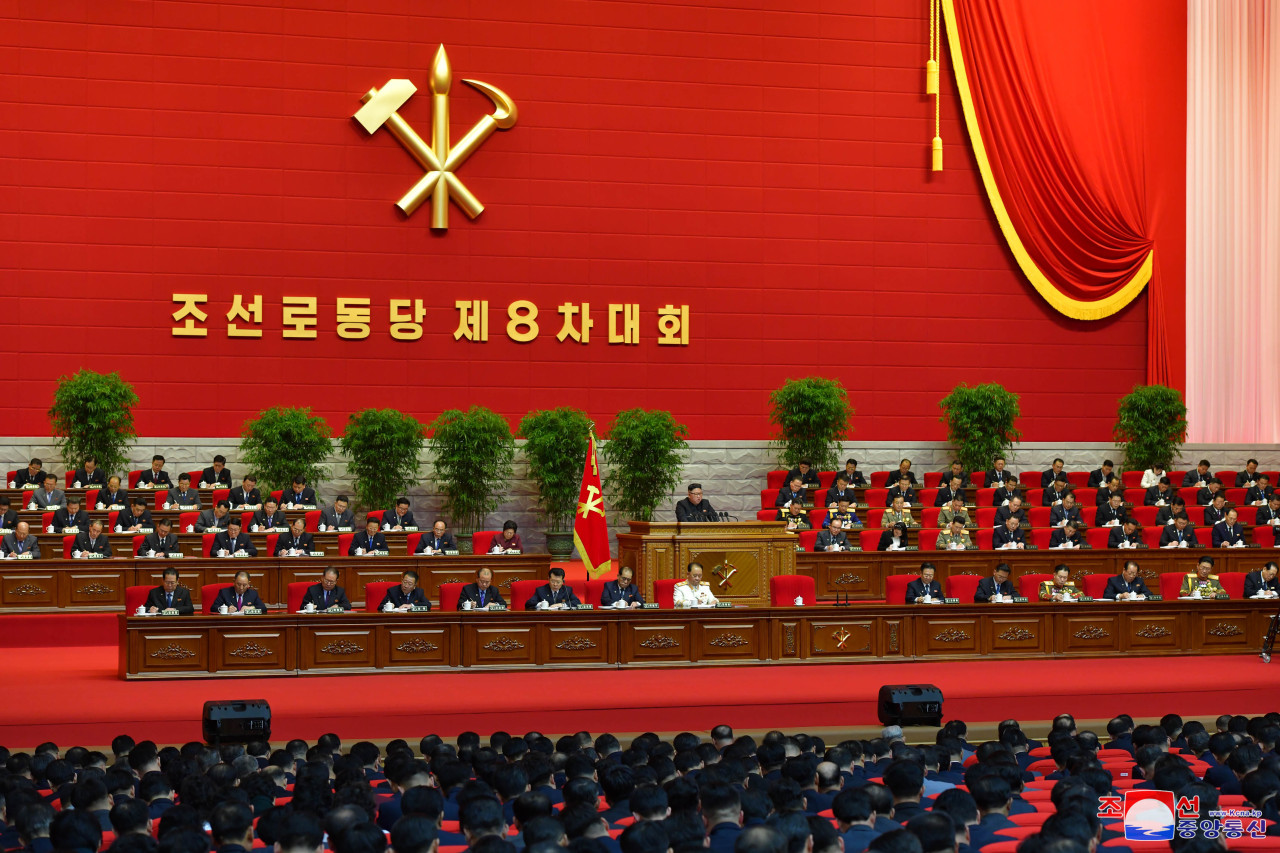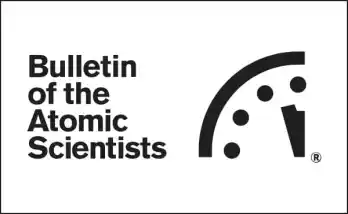 This re-posts an article I wrote for the Bulletin of Atomic Scientists recently on N Korea’s likely first-use of nuclear weapons in any serious Korean contingency.
This re-posts an article I wrote for the Bulletin of Atomic Scientists recently on N Korea’s likely first-use of nuclear weapons in any serious Korean contingency.
The University of Pennsylvania invited me to participate in two-day forum on nuclear weapons back in September. This is the short paper I brought. Here it is at BAS.
My core argument is that NK will go nuclear almost immediately because: 1. It faces a very intense use-it-or-lose-it dilemma. 2. It can’t hope to win conventionally. 3. Any conflict almost immediately become existential for it.
No one really quite knows what to do in response. Missile defense doesn’t work well enough to guarantee that we can shoot down all their inbounds. And sanctions can only slow NK down, not stop their nuclear march. So my suggestion is to start deconcentrating US forces on the peninsula – to more and smaller US bases – so that they are not such a juicy hostage-taking target.
But that runs directly counter to what we have been doing here for the last decade or so – concentrating US forces in a few super-bases like Camp Humphreys. That may make logistical and financial sense. But it offers huge, inviting, clustered targets of Americans for NK to threaten or strike.
And if they NKs do nukes a US base in East Asia and kill thousands of Americans, the pressure on POUTS to massively retaliate will be enormous. And if we respond by nuking NK, the potential for spiraling escalation, including possibly China is high.
Below is my original, pre-edited and more technical version of my paper:

 Vladimir Putin and Kim Jong Un are gangsters who rule over mafia states. No wonder they get along famously. Like recognizes like.
Vladimir Putin and Kim Jong Un are gangsters who rule over mafia states. No wonder they get along famously. Like recognizes like.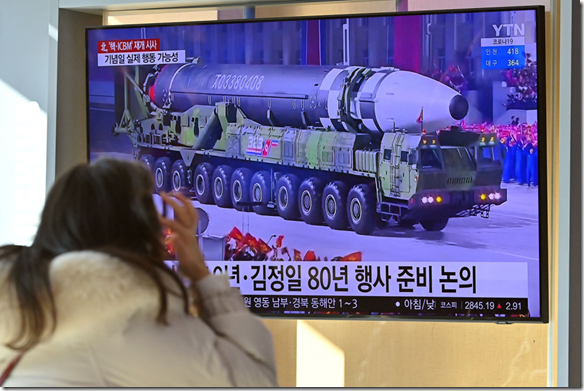
 Yeah, it’s a click-bait-y title, but it’s kinda true! Putin’s foolish war is turning Russia into a hated, isolated country with a lot of the same problems as North Korea, just on a larger scale.
Yeah, it’s a click-bait-y title, but it’s kinda true! Putin’s foolish war is turning Russia into a hated, isolated country with a lot of the same problems as North Korea, just on a larger scale.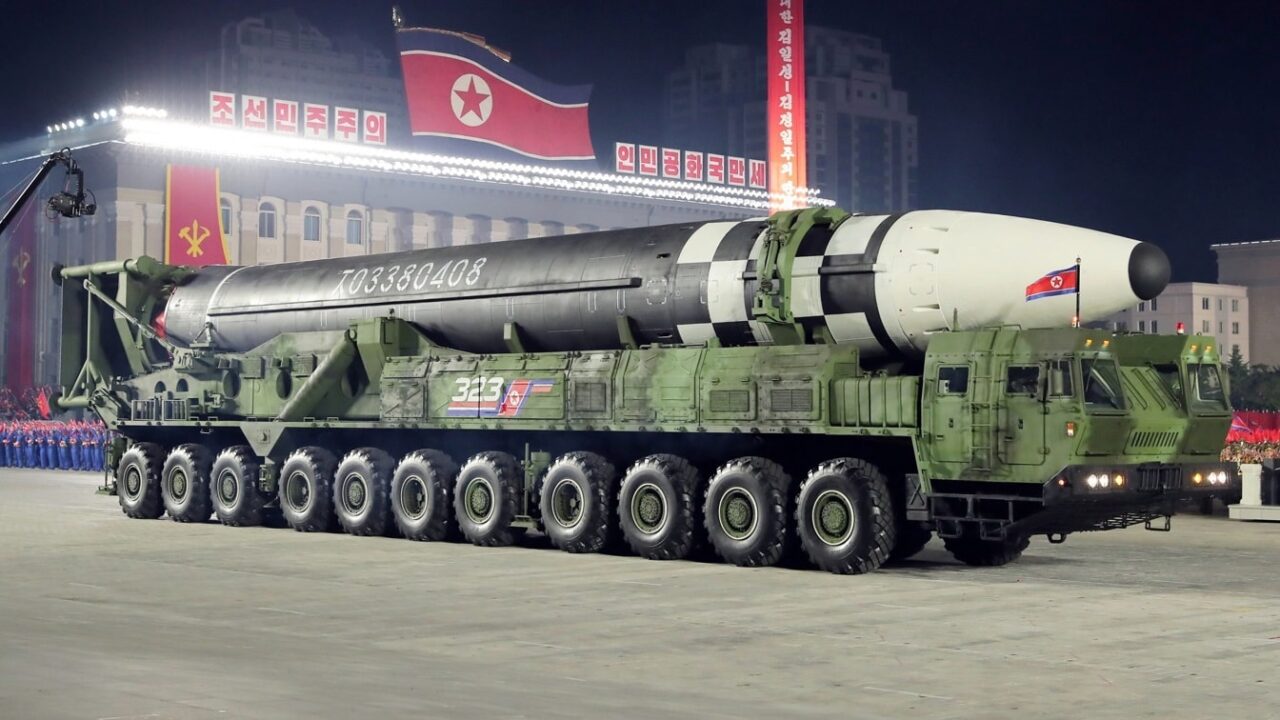 Russia’s success at blocking NATO intervention in the Ukraine war via its nuclear weapons is a huge learning moment for North Korea. This is a re-post of an essay I wrote
Russia’s success at blocking NATO intervention in the Ukraine war via its nuclear weapons is a huge learning moment for North Korea. This is a re-post of an essay I wrote 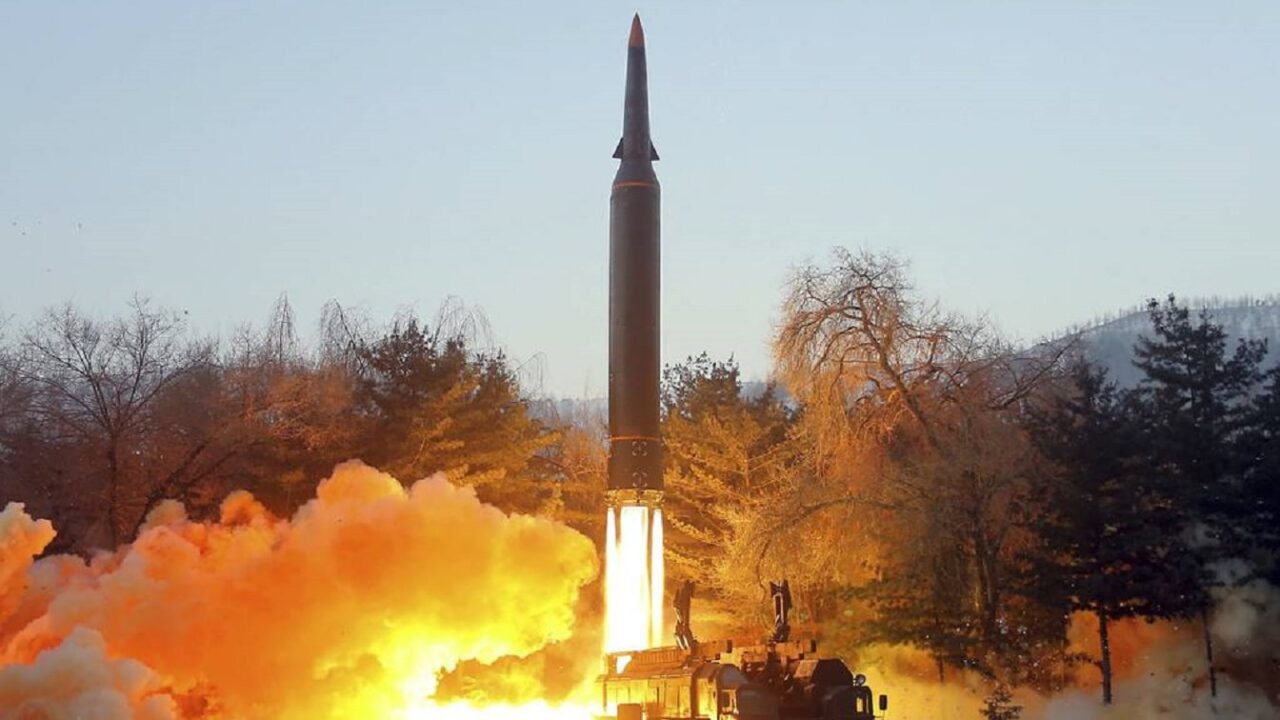 This was accepted and then withdrawn by a SK newspaper as too controversial even though the SK president himself suggested this. I don’t get that…
This was accepted and then withdrawn by a SK newspaper as too controversial even though the SK president himself suggested this. I don’t get that…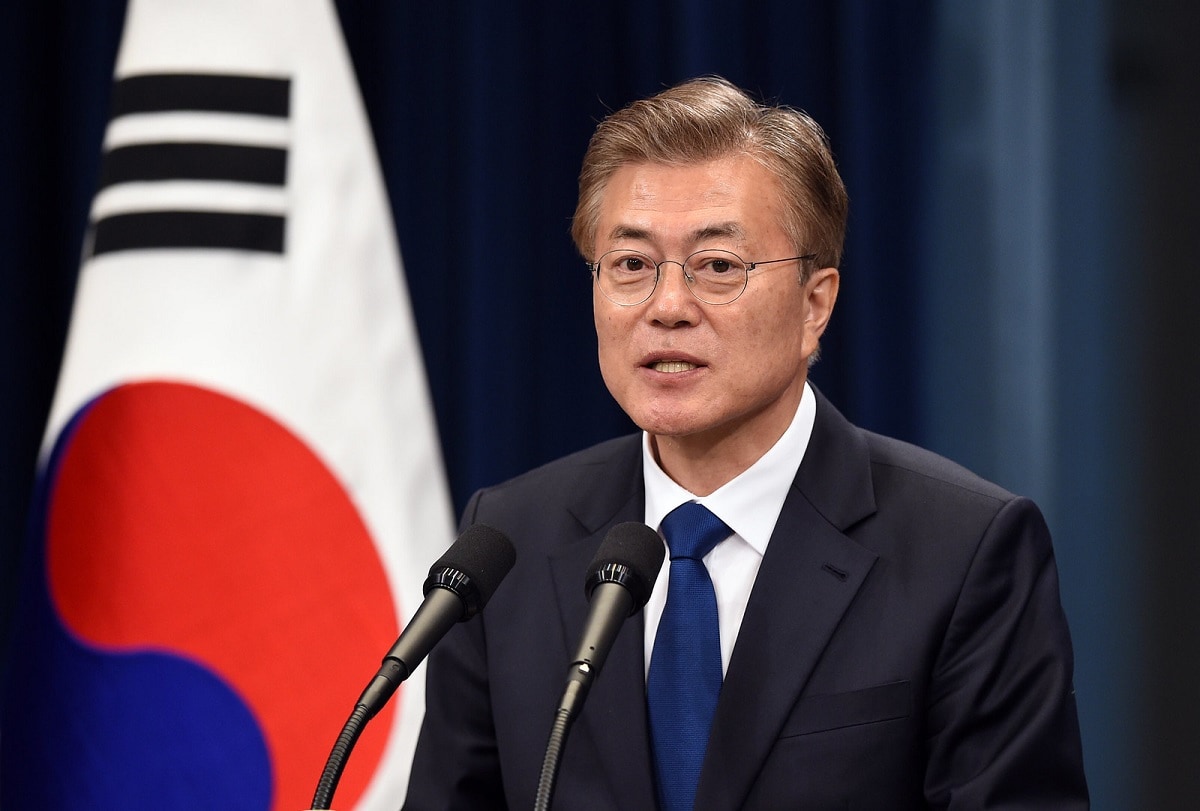 This is a re-up of an essay I wrote a few weeks ago
This is a re-up of an essay I wrote a few weeks ago 
